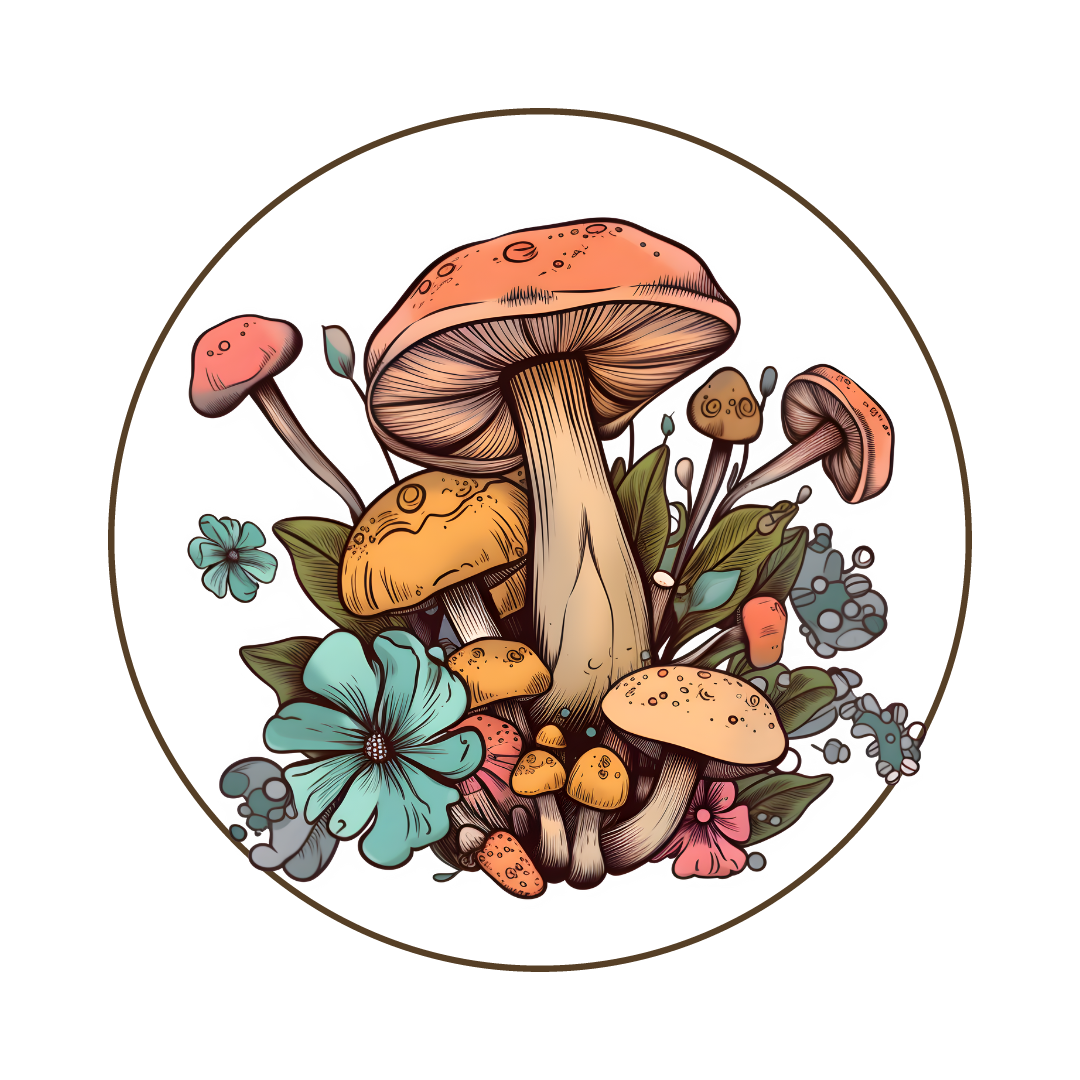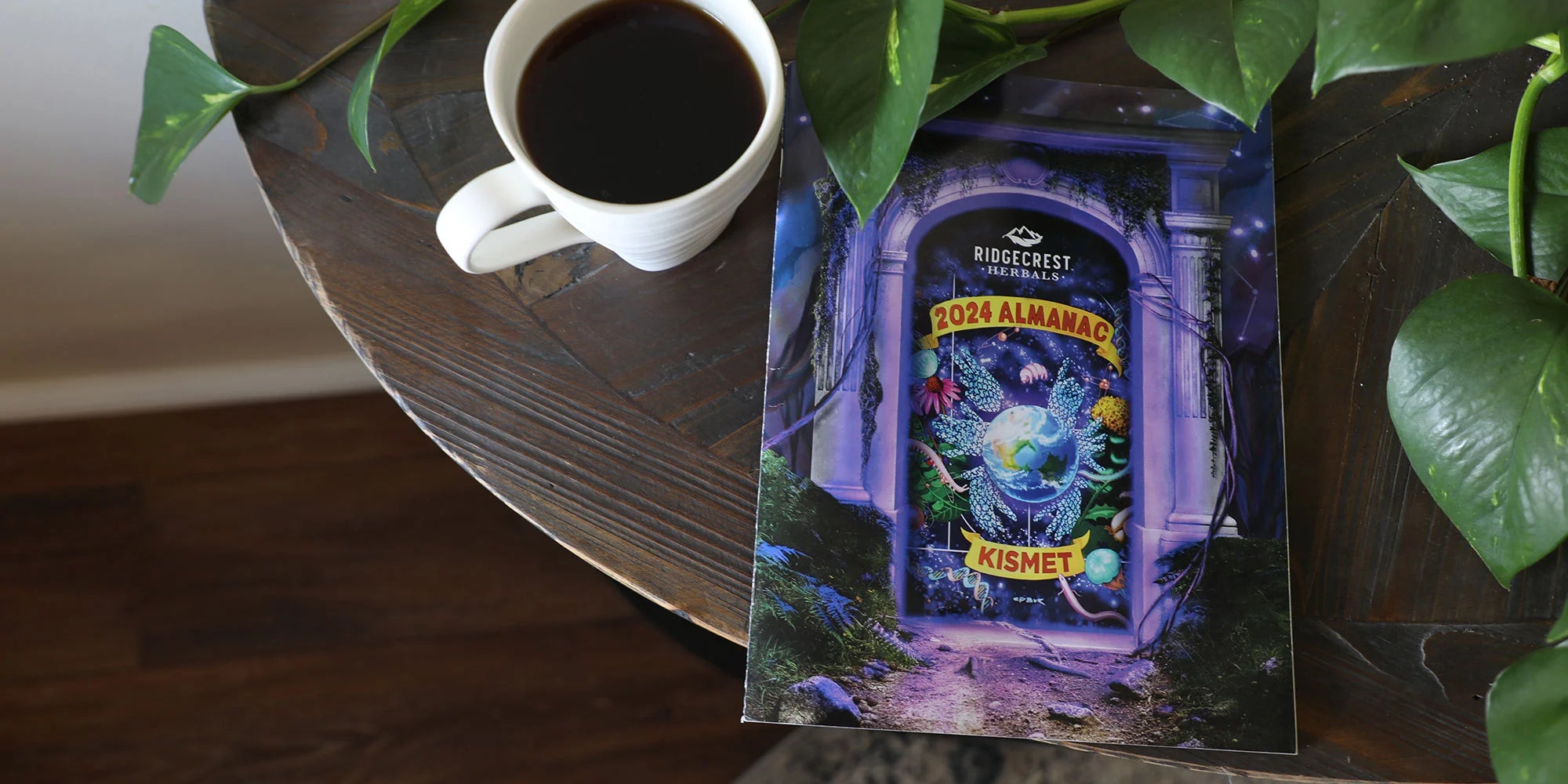We are in the middle of a psychedelic revolution, including an exploding interest in the world of microdosing. Microdosing is taking one-tenth or less of a journey (or “trip”) dose of a psychoactive substance. Typically, this refers to the use of psilocybin, though microdosing is a concept extended to LSD, ayahuasca, coffee, cannabis, ketamine, and even skincare. At a microdose level, an experience is typically sub-perceptual: the effects should be positive, albeit subtle, meaning one can go about their daily life.
As a society, I believe the world is in deep need of a journey into open-heartedness. Enter kanna, or sceletium tortuosum, a psychoactive succulent found in South Africa's dry, arid regions. The indigenous people of the area, notably the Khoikhoi and San, have used this plant for millennia to create euphoria, release stress and tension, improve mood, and help improve clarity.
Warriors would chew on it before going into battle or long hunting marathons to help calm their nerves. It would also help them curb their appetite and thirst when they knew supplies would be limited; when they wearily returned home, they would chew it again to help relieve stress and pain. kanna was also given to expectant mothers to help them relax before going into labor. For children, it was used as a mild tranquilizer; drops of its juice would be given to calm teething babies or help them drift to sleep.
But it is only recently that this plant has started to gain attention around the world. I believe that is due to kanna's herbal energetics as an empathogen. An empathogen is a classification of a substance that increases feelings of love, empathy, and connection. Empathogens help you connect quickly and deeply, help you feel happier, reduce stress, and quiet the mind. In short, kanna is a heart opener. This, of course, is more of a phrase than actual science — it’s not a vasodilator.
The science we do have, though, is more than promising for the future of this plant. The alkaloids within kanna work on both the serotonin and dopamine receptor sites in your brain, helping you feel happier and more in tune with your body daily. Kanna functions as an SSRI, working to free up more serotonin in the brain, and providing positive shifts in mood. This points to incredible promise for an herbal alternative to pharmaceutical antidepressants and anxiolytics due to its ability to help one feel their emotions instead of suppressing them. Thousands are already using it through the botanical supplement Zembrin, which can be purchased from Source Naturals.
Emerging research has shown that, with extended use, microdosing kanna helps regulate the amygdala — the part of the brain responsible for your fight or flight response and your ability to cope with stressful situations. One study out of South Africa showed that a single dose of Zembrin reduced anxiety-related amygdala activity in the brain.
A small study in 2020 showed cognitive improvement from a week of taking kanna, while another study showed that patients microdosing kanna (Zembrin) for six weeks showed decreases in anxiety, improved cognition, and enhanced moods.
Kanna may be a safe avenue to explore for extended relief for those struggling with feeling disconnected from others or struggling with mood or addiction. One essential benefit of working with kanna is that it is not a scheduled substance anywhere (unlike psilocybin). It’s legal to grow, buy, and work with. This plant has minimal side effects, especially in a microdose, making it a safe pathway for those looking to begin exploring the greater world of psychedelics.
There is an endless amount of beauty in working with a plant that can help address your emotional self and heart. Whether you’re taking your first or your thousandth step into the world of microdosing, know that kanna is a beautiful ally. If you feel called, let this serve as an invitation to explore how this fascinating plant can fit into your daily rituals.
__
Phoebe McPherson is a kanna educator. She spends her days guiding others working with kanna and helping people take their first steps into the world of microdosing. For more information on her work, you may contact her at phoebemcpherson@protonmail.com.



